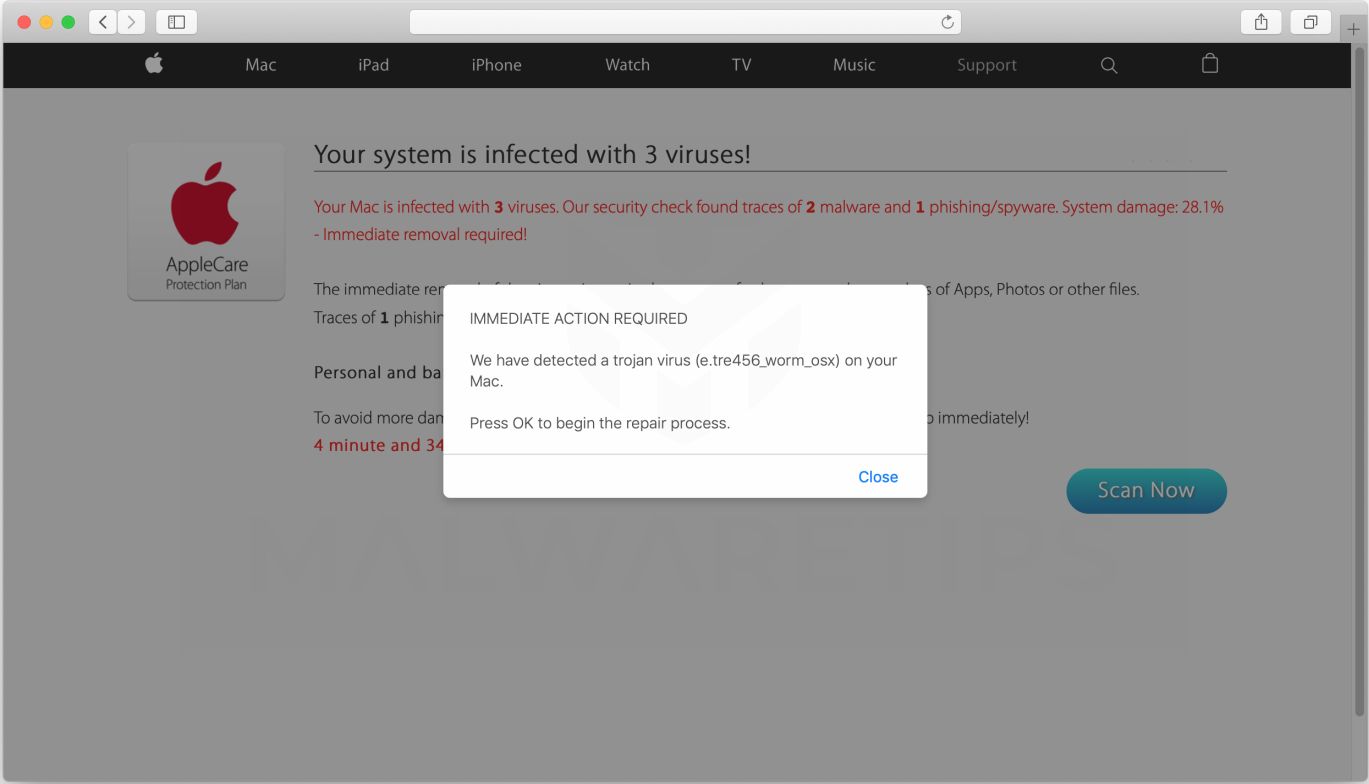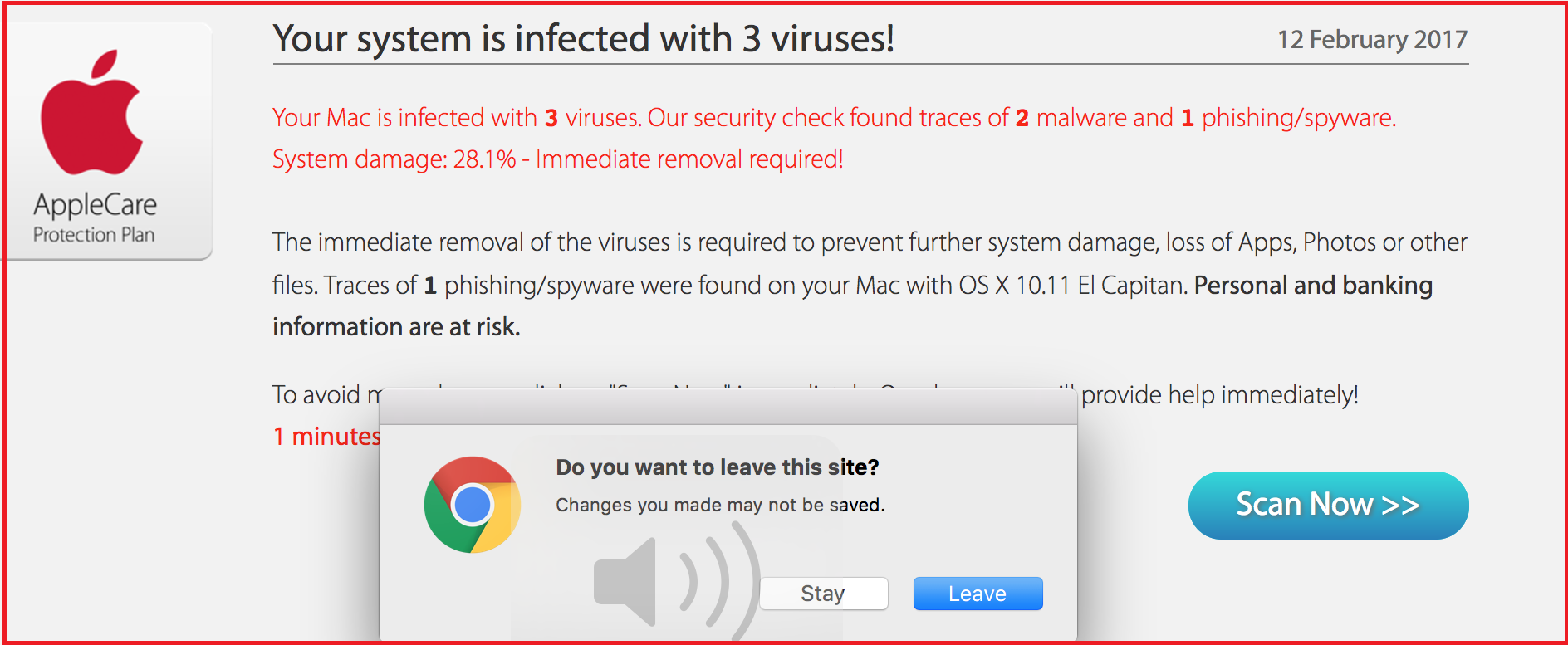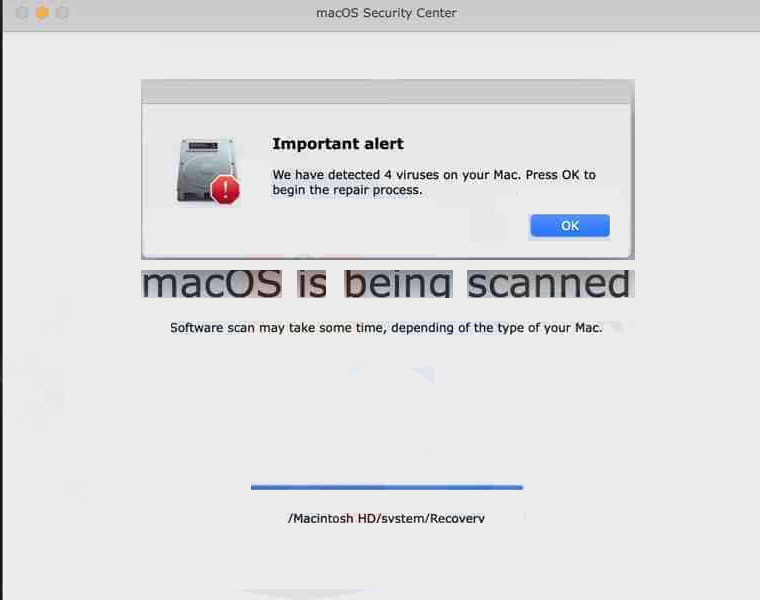

- #Scan mac app for virus how to
- #Scan mac app for virus cracked
- #Scan mac app for virus update
- #Scan mac app for virus full
- #Scan mac app for virus software
You have probably heard about "malware" and "virus" before, and I'm sure both terms are frequently mentioned around you. What is malware? What is a virus? Is malware the same as a virus? What Is The Difference Between Malware And Virus?
#Scan mac app for virus how to
How To Scan Your Mac For Viruses, Malware And Clean Them Out. How Do You Know If Your Mac Computer Has A Virus Or Malware?. What Is The Difference Between Malware And Virus?. But who knows, it's never too late to protect your Mac computer. Meanwhile, Apple's macOS operating system makes up about 16% of the share, according to the statistics in October 2019. The truth is that Microsoft's Windows operating system takes roughly 77% of the market, which makes it a better piece of cake to attackers. It's time to change your mind, cease an age-old belief that your Mac doesn't get viruses and malware. Luckily, most of the discovered Mac viruses and malware don't cause widespread disaster. In that case, you should also only allow apps from the Mac App Store and identified developers to run on your Mac computer. If you can't trust any websites, then the Mac App Store is the right place to go. I would recommend you only download Mac apps from trusted sources. #Scan mac app for virus full
This backdoor grants full access to macOS operating system, shell execution, file explorer, sends emails, webcam image, video capture, and much more. Instead, it quietly installed a backdoor into your Mac system.
Discovered by Bitdefender researchers, Eleanor ("EasyDoc Converter.app") was designed as a "drag and drop" file converter application but had no real functionality. #Scan mac app for virus software
Ensure that you have enabled two-factor authentication on every account with software or even hardware. If you are working in this field, be aware of this malware and similar apps. Besides, CookieMiner accesses backups of text messages in iTunes to obtain critical information to bypass two-factor authentication. It also steals login credentials to gain access to your cryptocurrency wallets or exchange accounts. CookieMiner focuses on the cryptocurrency field and uses your Mac computer to mine a variety of assets.

It is the best example to show you a case that macOS could not prevent all sorts of bad apps. CrescentCore easily bypassed Apple's Gatekeeper because a known developer signed it. Instead of installing Adobe Flash player as the user expected, this malicious application installed either an app called Advanced Mac Cleaner, a LaunchAgent file, or a Safari extension. It was even displayed in Google Search results and available to download from several websites. CrescentCore was Mac malware disguised as an Adobe Flash Player installer.Flashback harvests users' information like usernames, passwords, and other data.
#Scan mac app for virus update
The first version of Flashback came inside a modified Adobe Flash installer, while the latest version pretended to be a Software Update prompt. By exploiting a Java vulnerability, this malware accessed the user's Mac computer when they clicked into a malicious link.

Intego discovered Flashback malware in September 2011, and so far, it has 14 variants.Both malicious programs planted backdoors into Mac computers, allowing hackers to access without passwords. Hellrts was also another malware with the same function, packed in pirated versions of Apple iPhoto in 2010. Once installed, it connected to a specific remote server and waited for commands to action.
#Scan mac app for virus cracked
Krowi was malware that was packaged in most free and cracked versions of Apple iWork 2009 and Adobe Photoshop for Mac. Once Leap installed, it recently infected opened Mac apps and made them unusable. It was discontinued in February 2012 and replaced by Messages. iChat is an instant messaging application that was first released by Apple in August 2002. Leap was a Trojan-worm and used Apple iChat to spread in 2006. Many dangerous Mac viruses and malware have been discovered in the past, which you might not know about yet, such as Leap, Flashback, Krowi, or Eleanor. But nothing is perfect, and there are still undiscovered security flaws that hackers may exploit. They are developing and adding many new features to fight against viruses and malware. I cannot deny that Apple was doing very well in the security field to protect macOS. Unfortunately, that is not entirely correct. These users do not really care about downloads and use any antivirus or internet security for Mac. The most common answer I received was: "I have not even thought about that.", "No computer virus on Mac.", or "macOS isn't afraid of viruses or hacker attacks." Many members consistently affirm that macOS is a closed system, and does not get viruses or any malicious programs. But the result that I got back was unexpected. Did you ever think viruses, malware, or adware would affect your Mac someday? It is a question I sent out to a group of normal Mac users a few weeks ago.







 0 kommentar(er)
0 kommentar(er)
